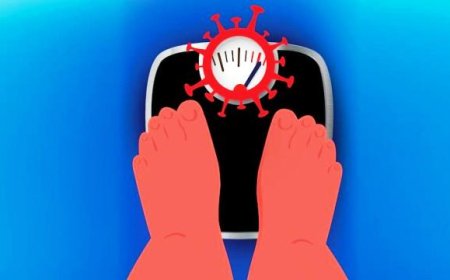Biggest data breach: Billions Of Login Passwords Leaked
Over 16 billion login details including passwords of users with Google and Apple accounts have been leaked. This is one of the biggest data leaks in tech history.

Over 16 billion login details including passwords of users with Google and Apple accounts have been leaked. This is one of the biggest data leaks in tech history, which security experts claim could put any of us at major risk of getting hacked or bank accounts being cleaned up.
Google and Apple IDs are important and used all across the internet, including social accounts. Imagine the scale of this password leak that can give hackers and bad actors the ability and power to pick and choose their targets based on the volume and credential of their profile.
Security researchers say this isn’t just an old dump of data that’s been floating around for years. Most of the leaked credentials are said to be new, well-organised, and collected through a type of malware known as infostealers. These malware programs silently steal usernames and passwords from people’s devices and send them to hackers, who either use them directly or put them up for sale on dark web forums.
The leaked data includes login information for a wide range of services, from email and social media platforms like Google, Facebook, and Telegram to developer accounts on GitHub and even some government portals. Most of the information is organised in a format that shows the website link, followed by the username and password, making it easier for attackers to use.
Reports say even people with limited technical knowledge and small amounts of money can access these passwords on the dark web. This makes almost everyone vulnerable, from everyday users to companies and institutions. Google has already advised people to switch from traditional passwords to more secure options like passkeys. The FBI has also warned the public to avoid clicking on links sent through SMS or emails, especially if they ask for login details.
Cybersecurity experts suggest that people act immediately to protect themselves. This includes changing passwords across all major accounts, using strong and unique passwords, turning on two-factor authentication (2FA), and using password manager apps to keep everything secure.
What's Your Reaction?

















































